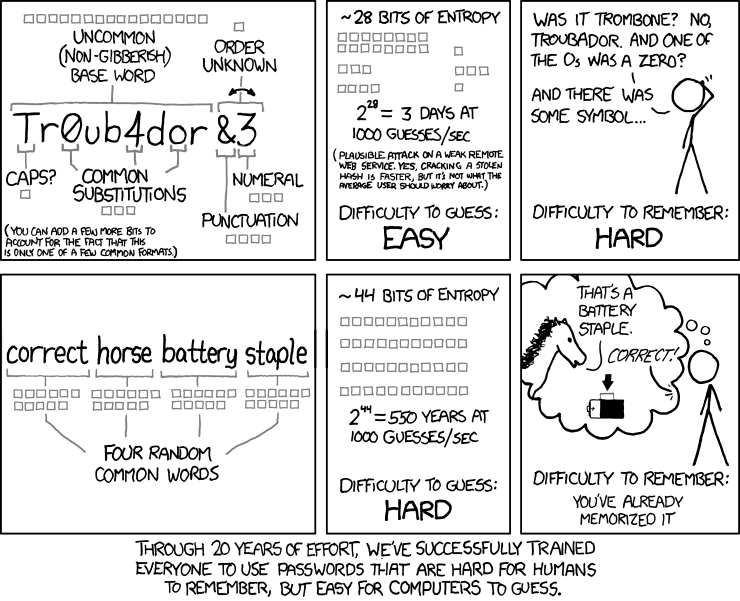This is getting common that while resetting one's password, web-applications force users not to use a password which they had used before. Just like forcing users to follow a particular pattern of passwords is a usability bug, restricting users not to use any of their previously used password seems to be equally problematic. Such approach compels the user to memorize more and more passwords but as a result, user would tend to use rather simple passwords which it could remember and recall or to go worse, write somewhere nearby for their reference.
My Question is: Do you consider this a usability bug that system doesn't let you use your previously used password?
My position is that applications should not only let you reuse your passwords but also let you keep your existing password in case you forgot one. But to be able to do that, user must
- click a password reset link sent to his/her email (thus email is verified)
- provide answer top secret question (authenticity of the user verified)

